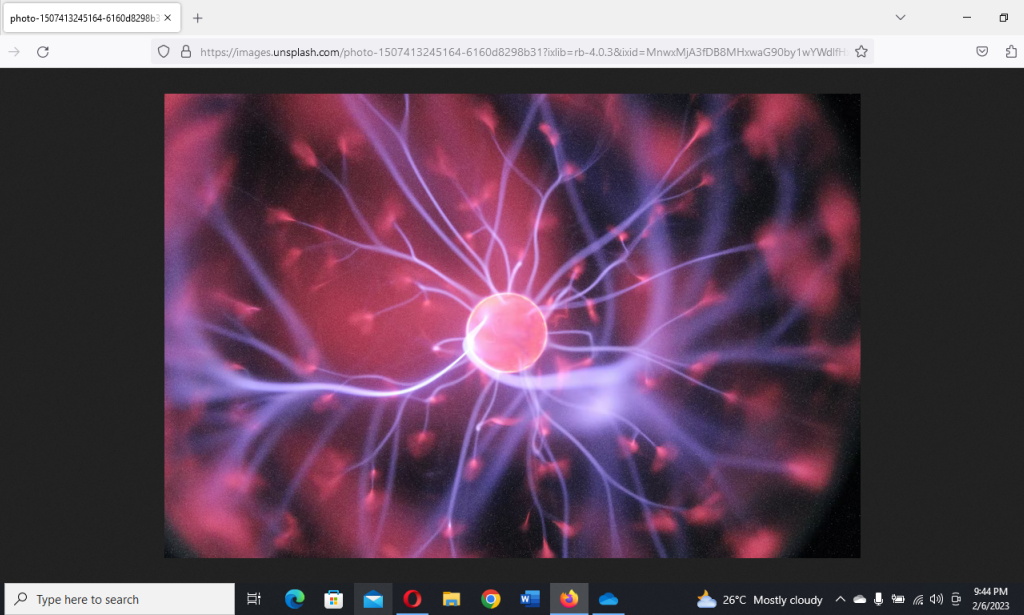The human brain is a complex and fascinating organ that has captured the interest of scientists and philosophers for centuries. Despite advances in neuroscience and technology, the mysteries of the human brain and consciousness remain largely unresolved. Consciousness is the subjective experience of perception, thought, and emotion, and the workings of the human brain play a crucial role in determining our conscious experience.
One of the most intriguing aspects of the human brain is its capacity for plasticity, or the ability to change and adapt in response to new information and experiences. This plasticity is thought to be responsible for the brain's ability to learn and form new connections, allowing us to adapt to new experiences and challenges.
Another mystery of the human brain is the nature of memory. Despite extensive research, scientists still do not fully understand how memories are formed, stored, and retrieved. It is known that different regions of the brain are involved in different aspects of memory, but the exact mechanisms are still not well understood.
The concept of consciousness is also shrouded in mystery. Despite the fact that it is a central aspect of human experience, it remains elusive and difficult to define. Some theories suggest that consciousness is an emergent property of complex neural activity, while others propose that it is a fundamental aspect of the universe, existing independently of the brain.
The relationship between the brain and consciousness is also poorly understood. While it is clear that the brain plays a critical role in determining our conscious experience, it is unclear exactly how this relationship works. Some theories propose that consciousness arises from the interactions between neurons, while others suggest that it is the result of quantum processes.
One of the biggest challenges in studying the human brain is the fact that it is inaccessible. The brain is enclosed in the skull, making it difficult to directly observe its workings. Scientists have developed techniques such as functional magnetic resonance imaging (fMRI) to study brain activity, but these methods are limited and do not provide a complete picture of brain function.
Another mystery of the human brain is the role of sleep. Although it is known that sleep is important for physical and mental health, the exact functions of sleep remain unclear. Some theories suggest that sleep is necessary for memory consolidation and the formation of new connections, while others propose that it is a time for the brain to perform essential maintenance and repair.
The human brain is also capable of experiencing and generating a wide range of emotions, from happiness and love to fear and anger. The neural mechanisms responsible for these emotions are not well understood, and the nature of emotions remains a topic of ongoing research and debate.
In conclusion, the human brain is a complex and mysterious organ that continues to captivate scientists and philosophers alike. Despite advances in neuroscience and technology, much remains unknown about the workings of the brain and the nature of consciousness. Further research and development of new technologies are needed to fully understand the mysteries of the human brain and consciousness.
In the meantime, the continued study of the human brain holds tremendous potential for improving our understanding of the world and the nature of human experience. Whether we are seeking to understand the mechanisms of memory, the nature of consciousness, or the role of sleep, the human brain holds a wealth of secrets waiting to be uncovered.


Consciousness, subjective experience of perception, emotion, thought
You must be logged in to post a comment.